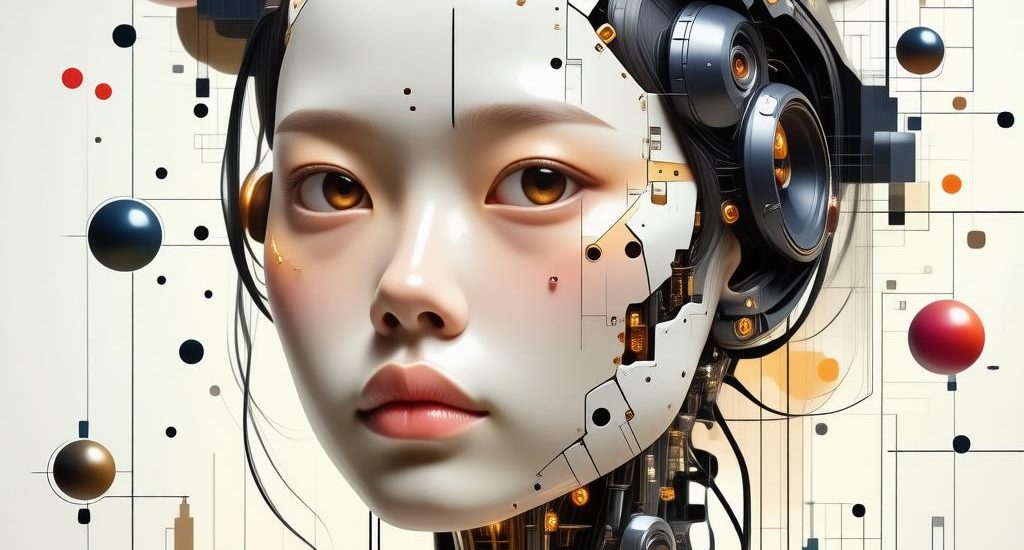



In the rapidly evolving landscape of digital marketing, artificial intelligence is no longer a distant promise but an imminent revolution. AI agents are poised to dismantle traditional marketing paradigms, offering unprecedented scalability and precision that human teams can barely comprehend. As businesses grapple with increasingly complex consumer behaviors and data landscapes, these intelligent digital workers are not just tools—they are strategic game-changers ready to redefine how brands connect, engage, and convert in the 21st century. The era of manual, intuition-driven marketing is sunset; the dawn of hyper-intelligent, data-driven AI agents is here, and the implications are nothing short of transformative.
AI agents are transforming marketing landscapes with razor-sharp precision, delivering hyper-personalized experiences that traditional strategies could never achieve. These intelligent systems leverage complex data analytics to:
• Parse consumer behavior patterns
• Generate predictive marketing insights
• Create dynamically adaptive content strategies
The algorithmic marketing revolution brings profound ethical challenges that cannot be ignored. Critical risks include:
• Potential privacy invasion through granular data mining
• Algorithmic bias perpetuating systemic discrimination
• Psychological manipulation through hyper-targeted content
• Reduced human agency in marketing decisions
AI won’t replace marketers; it will brutally expose mediocre talent while elevating truly strategic thinkers. The future belongs to professionals who can orchestrate AI capabilities,not merely implement them. Marketing is evolving from a creative profession to a complex intelligence management discipline that demands unprecedented technical and strategic acumen.
As we stand on the precipice of a marketing revolution, AI agents are not merely a technological novelty—they are the inevitable architects of our digital future. The traditional boundaries of creativity, strategy, and customer engagement are being redrawn, with intelligent algorithms replacing outdated human-centric approaches. while skeptics may argue for the irreplaceable human touch,the data speaks volumes: AI agents are faster,more precise,and increasingly nuanced in their understanding of consumer behavior.
The question is no longer whether AI will transform marketing, but how quickly organizations can adapt to this seismic shift. Those who hesitate will be left behind, watching as more agile competitors leverage these digital powerhouses to capture market share, personalize experiences, and drive unprecedented growth. The era of AI-driven marketing is not approaching—it has arrived. The only rational choice is to embrace it or risk becoming a footnote in the rapidly evolving narrative of digital commerce.